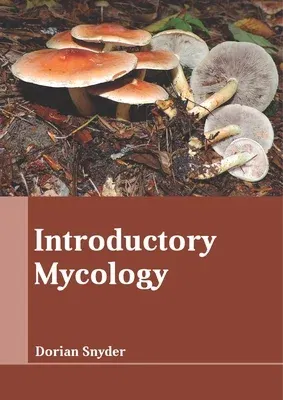Introductory MycologyHardcover, 4 June 2019

Qty
1
Turbo
Ships in 2 - 3 days
In Stock
Free Delivery
Cash on Delivery
15 Days
Free Returns
Secure Checkout

Print Length
205 pages
Language
English
Publisher
Larsen and Keller Education
Date Published
4 Jun 2019
ISBN-10
1641720808
ISBN-13
9781641720809
Description
Product Details
Book Format:
Hardcover
Country of Origin:
US
Date Published:
4 June 2019
Dimensions:
25.4 x
17.78 x
1.27 cm
ISBN-10:
1641720808
ISBN-13:
9781641720809
Language:
English
Pages:
205
Publisher:
Weight:
576.06 gm